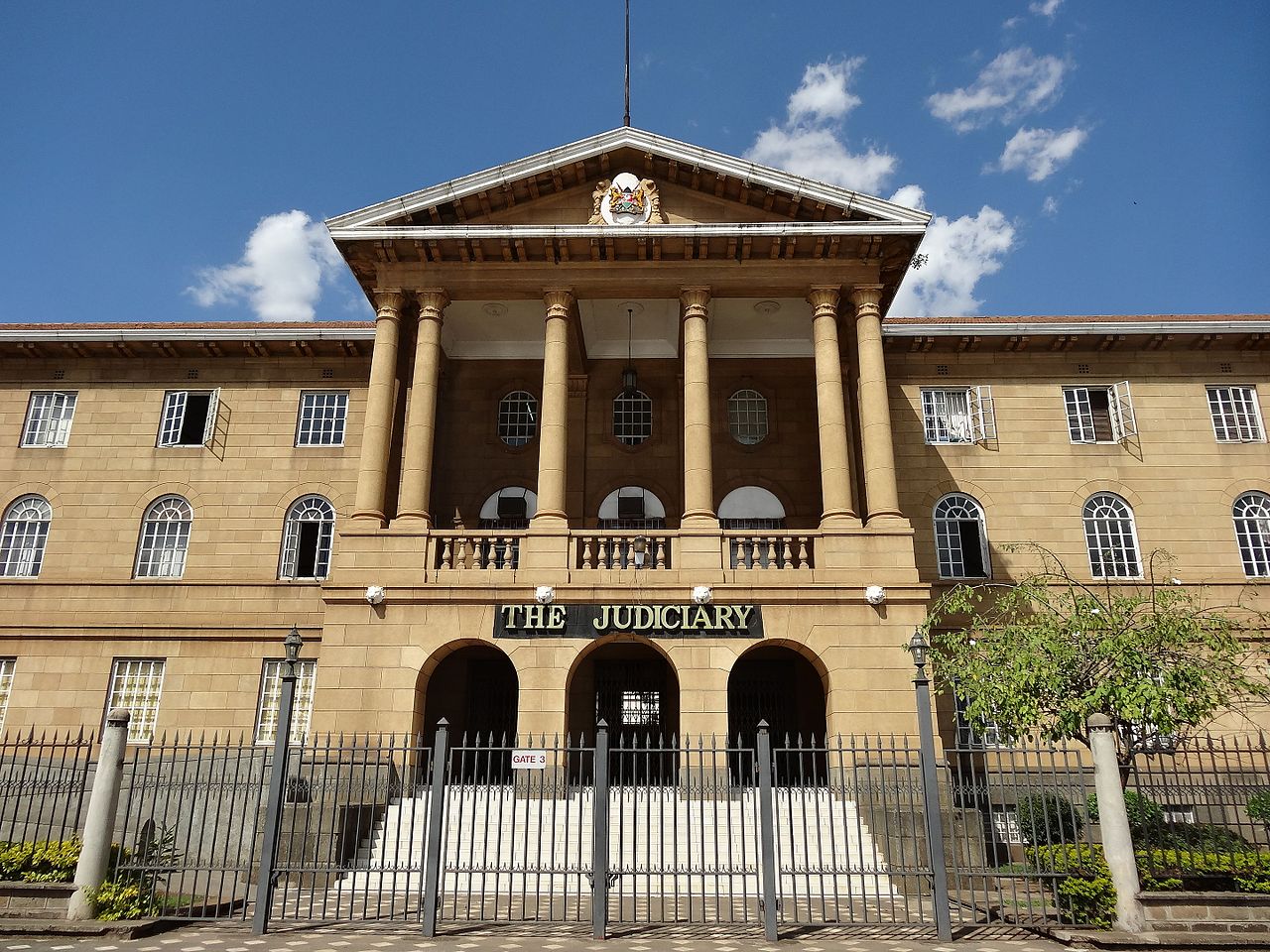Kenya’s Employment and Labour Relations Court has barred social media giant, Meta and its Kenyan outsourcing partner Sama from firing content moderators. The court order also prevents Meta from hiring a new outsourcing firm to handle content moderation.
The emergency order prevents Meta and its content moderating partner Sama from firing workers at the latter’s Nairobi office. Up to 260 content moderators faced the sack at the end of the month. The court also barred Meta from hiring a new outsourcing firm to handle its content moderation pending the hearing of the case to determine the legality of Sama’s layoffs on the 28 of March.
Sama claims it followed Kenyan law when it laid off workers.
In February the Employment and Labour Relations Court ruled that it had jurisdiction to hear the 2022 case filed by Daniel Motaung, a former Facebook content moderator over working conditions at Sama, Facebook’s moderation partner. Meta (facebook’s parent company) filed an appeal arguing that the Kenyan court did not have jurisdiction to hear the case.
In the wake of the earlier case filed by Moutang, Sama said last month it would no longer provide content moderation services for Meta. Time reports that Meta subsequently engaged Majorel, another Kenyan outsourcing company which currently manages TikTok moderation in the country. On Friday last week, 43 Sama employees sued Sama and Meta for unlawful dismissal under Kenyan law, accusing Sama and Meta of blacklisting them.
Per reporting from Time, Foxglove, a technology justice nonprofit which supports the suit says Majorel offers “a fraction of the pay and in worse living conditions” of Sama.
Sama, which was also accused of running a “content moderation sweatshop” for artificial intelligence startup, OpenAI, paid Kenyan content moderators between $1.46 and $2.20 per hour, according to Time. The company has argued that it provides a living wage and it pays workers 3 times the Kenyan minimum wage. Some online pundits agree, pointing out that content moderators who work for Sama are usually from Nairobi’s informal settlements where household incomes are generally significantly lower. It is similar to how Sama’s late founder Leila Janah defended the company’s business. Daniel’s case against Meta and Sama will set a precedent for trying foreign social media companies in Africa and test Kenyan labour protections. As the case highlights the issue of pay across borders, some fear that cases like this risk clamping down on low-wage work opportunities in Africa where high unemployment and no social protections leave young people in the lurch.



















